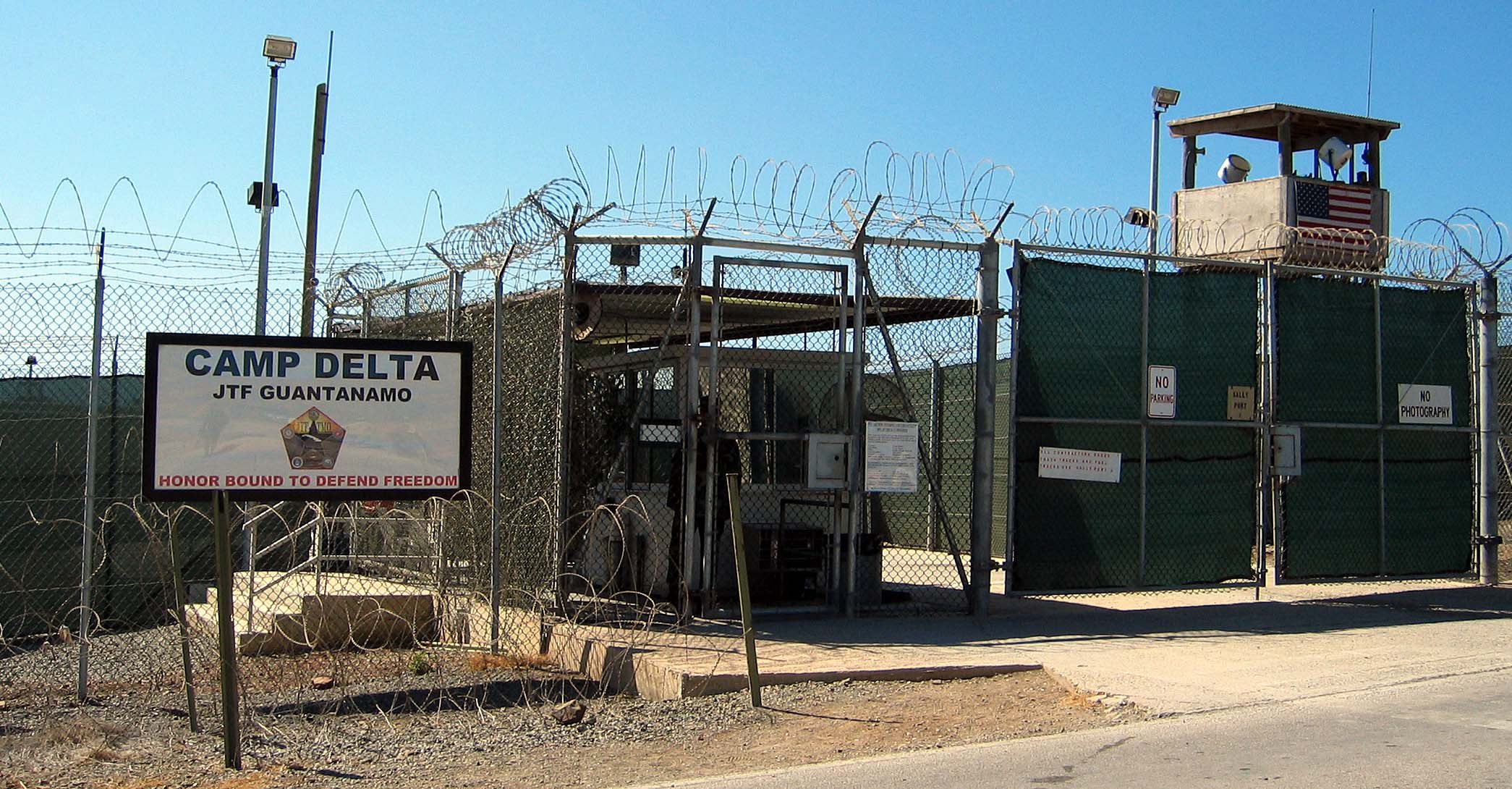
GUANTÁNAMO BAY, Cuba — A heated dispute erupted on Friday at the pretrial hearings for the accused conspirators in the Sept. 11, 2001, attacks over the use of the word "torture" to describe C.I.A. interrogations, and the military judge declared that he would need to consider the question before the start of the death-penalty trial next year.
The judge, Col. W. Shane Cohen of the Air Force, said it would be his role to decide before the trial whether what happened to the defendants in the C.I.A. prison network was "torture" or "cruel, inhuman and degrading punishment." Jury selection is scheduled to start on Jan. 11, 2021.
"The opinion of the Department of Justice, the Attorney General or even the President of the United States is not binding on me," Colonel Cohen said, referring to legal memos from the Bush administration that authorized brutal interrogation techniques like waterboarding that are now outlawed as torture.
With such a finding, a military commission judge could decide to exclude certain evidence from the trial, dismiss the case or prevent the prosecution from seeking the death penalty.
James E. Mitchell, a contract psychologist who waterboarded and interrogated prisoners for the C.I.A., was testifying for a fourth day about the "enhanced interrogation techniques" that were used on all five defendants in the terror trial. He bristled at the use of the word "torture."
He said the techniques that he and another psychologist, John Bruce Jessen, drew up in 2002 for the intelligence agency had received presidential approval, as well as approval from the Justice Department and other areas of the United States government.
Walter B. Ruiz, a defense lawyer, had just recited some of the tactics that one of the defendants, Mustafa al Hawsawi, endured at a C.I.A. prison in Afghanistan in 2003 — when Dr. Mitchell was not there — including 72 hours of standing sleep deprivation, being hung nude from a ceiling and being strapped to a crude wooden board and having water poured on him.
"Did you have any sense of all the torture he had endured?" Mr. Ruiz said.
"Objection," said Jeffrey D. Groharing, one of the prosecutors. "Facts not in evidence."
Mr. Groharing has consistently protested the use of the word "torture," calling the term a legal conclusion that has not been made.
"I'm not going to sanitize it for their convenience," Mr. Ruiz told the judge. "I'm not going to utilize language that may be more acceptable and digestible."
Mr. Hawsawi was in court for the showdown, dressed in traditional white Saudi robes and head scarf and sitting on a donut-shaped pillow. A Senate Intelligence Committee study of the C.I.A. program said Mr. Hawsawi was subjected to rectal abuse in Afghanistan.
During an earlier effort to hold a trial in the Sept. 11 case, starting in 2008, defense lawyers were warned that the mere mention of the word "torture" would prompt a security officer to cut the audio from the court before the public could hear it, on a 40-second delay. It would take years and declassification of portions of a Senate Intelligence Committee study before Mr. Hawsawi's lawyers could even explain in court why he needed the pillow.
On Friday, the judge said that "people throw around terms in the vernacular" but said that ultimately he will be the one to decide the legality of what happened to the five men in the C.I.A. prison network from 2002 to 2006.
The showdown occurred before a lunchtime recess. Dr. Mitchell later said he does not use the word "torture" to describe the techniques used on the detainees "because in my training that is a determination that has to be made by a judge in court."




